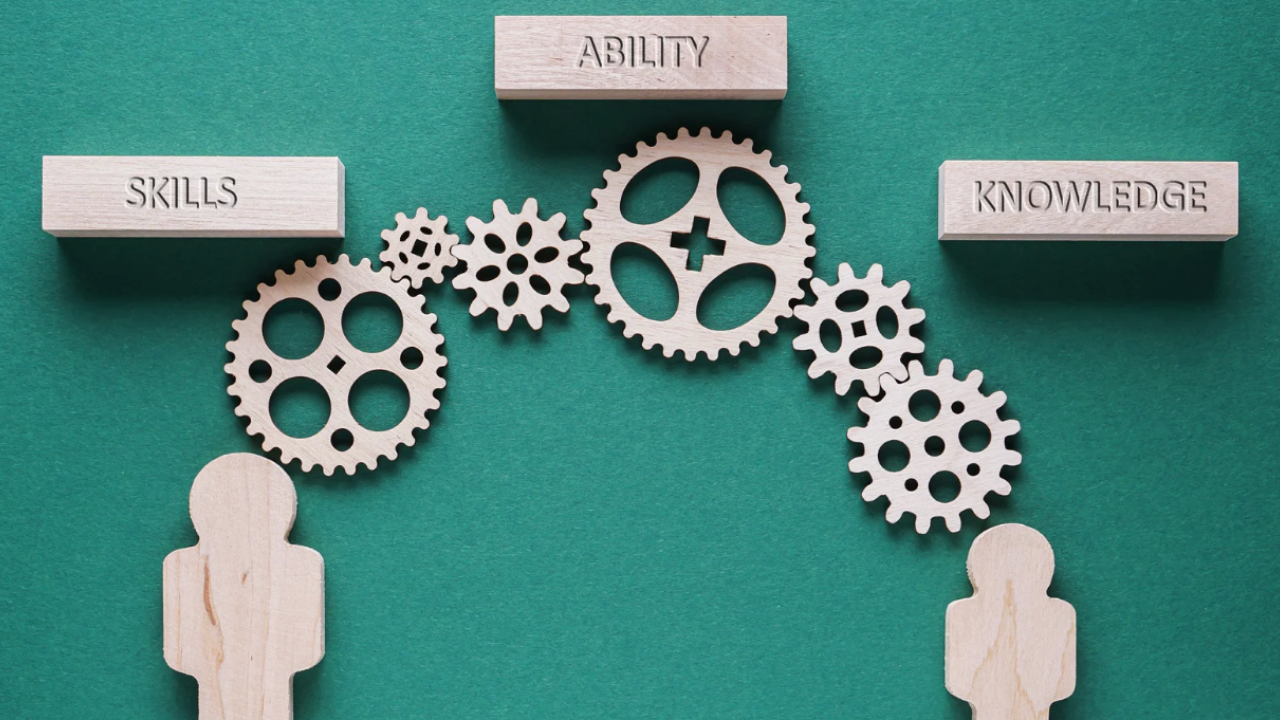
Future-Proofing Your Organization Starts with Skills Archaeology
Aug 05, 2025By Aparna Rae
Aparna Rae is a People and Culture Expert. You can connect with her on LinkedIn.
If you could design your team from scratch—knowing what the next decade will demand of us—what would you build?
We're living through a time when yesterday's hard skill sets are quickly becoming obsolete. AI, Climate disruption, demographic shifts, and global unrest are altering what communities need from social sector leaders. Yet too many organizations are still making workforce decisions based on old job descriptions and reactive hiring patterns.
That's where Skills Archaeology comes in. It's not just about identifying what your team can do today—it's about digging deep to unearth hidden capabilities, mapping them against future needs, and intentionally building the workforce structures that will carry your mission forward.
The Urgency Is Real
The challenges facing us aren't theoretical—they're happening now. Climate disasters are intensifying annually. Economic inequality continues to widen. Mental health crises are overwhelming existing systems. Democratic institutions are under strain globally.
As historian Rutger Bregman argues in his latest work on moral ambition, we have a collective responsibility to "use your time and talents to make the world a better place" rather than accepting the status quo of talent being misdirected toward less meaningful work. The window for addressing these crises is narrowing, yet we're operating with workforce structures designed for a different era.
Economic anthropologist Jason Hickel's research on degrowth economics reveals another dimension of this urgency: if we acknowledge the seriousness of the climate crisis, we must also accept the need to radically transform our economies. This transformation requires organizations with entirely different capabilities than what most currently possess.
The Social Sector Skills Gap
Here's the uncomfortable truth: nonprofits face a host of obstacles that threaten their ability to support their communities and stakeholders.
We're hiring for yesterday's challenges while tomorrow's problems require fundamentally different approaches to systems thinking, community engagement, and resource allocation.
Consider what's actually needed: leaders who can navigate complexity without clear precedents, teams that can adapt rapidly to changing community needs, organizations that can collaborate across traditional sector boundaries.
The organizations that will successfully address our most pressing challenges won't be those that happen to stumble into the right people—they'll be the ones that systematically build the capabilities they need.
This means moving beyond traditional workforce development approaches that treat skills as fixed assets. Instead, we need what I call "archaeological thinking"—understanding that our people have layers of capability, some visible and documented, others buried beneath outdated role definitions and unused potential.
Skills Archaeology involves three critical shifts:
From Job Titles to Capability Clusters: Instead of rigid job descriptions, successful organizations will organize around flexible clusters of complementary skills that can be recombined as challenges evolve.
From Individual Development to Systems Building: Rather than sending people to isolated training programs, forward-thinking leaders create internal learning ecosystems where capabilities develop through collaborative problem-solving on real challenges.
From Reactive Hiring to Predictive Talent Development: The most resilient organizations will identify the aptitudes that remain valuable across changing contexts—systems thinking, cultural competency, adaptive leadership—and build development pathways around these foundational capabilities.
Using Futurist Tools for Workforce Planning
In our upcoming workshop, we'll use futurist tools like the Futures Wheel to forecast how macro changes will affect the work ahead—and begin rethinking how we approach workforce planning altogether. This isn't about predicting the future perfectly; it's about building organizations that can adapt and thrive regardless of which specific future emerges.
The process starts with honest skills archaeology: What capabilities does your organization actually have? What's hiding in plain sight? What foundational aptitudes could be developed in multiple directions as needs change?
Then we map these against the forces reshaping your sector. How will AI change the work your organization does? What skills will climate adaptation require? How might economic instability affect the communities you serve?
Finally, we design organizational structures that can evolve, adaptive systems that get stronger through challenge.
The Time Is Now
Bregman reminds us that with moral ambition, we can do more than be on the right side of history: we can start to make history itself. But this requires organizations equipped for the magnitude of change ahead.
Skills Archaeology isn't just a workforce development strategy, it's a recognition that the people within our organizations may already possess much of what we need to address our most pressing challenges. We just need to unearth it, develop it strategically, and organize it for maximum impact.
Let's continue the conversation. Join us for:
Register for the Webinar: Future-Proofing Your Organization Starts with Skills Archaeology
Date: Tuesday, September 2
Time: 2pm ET / 11am PT
Register here

